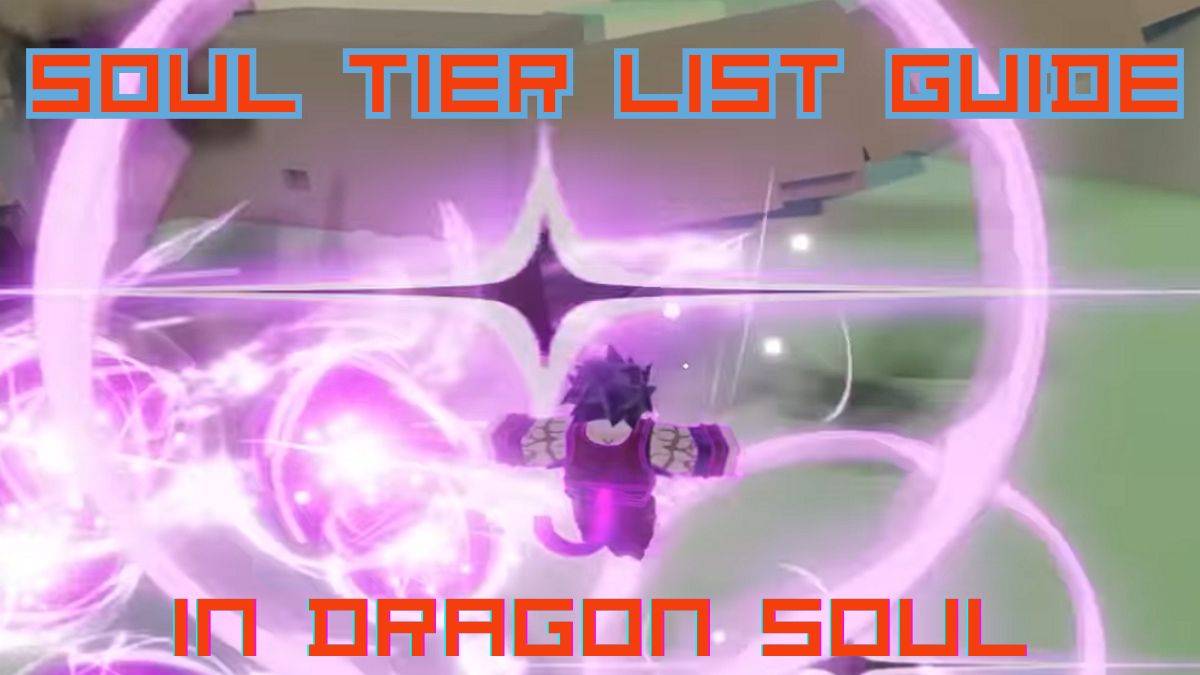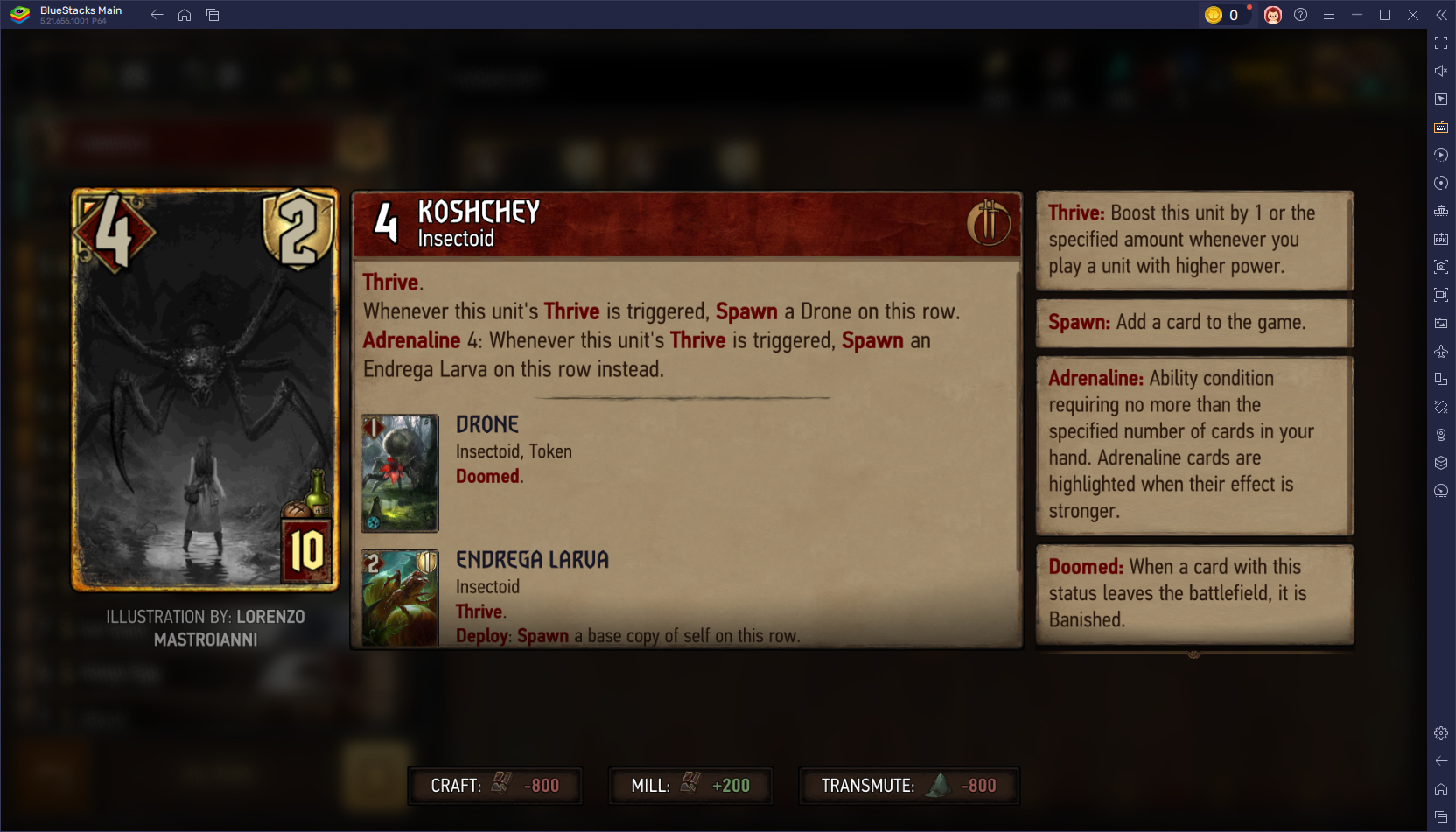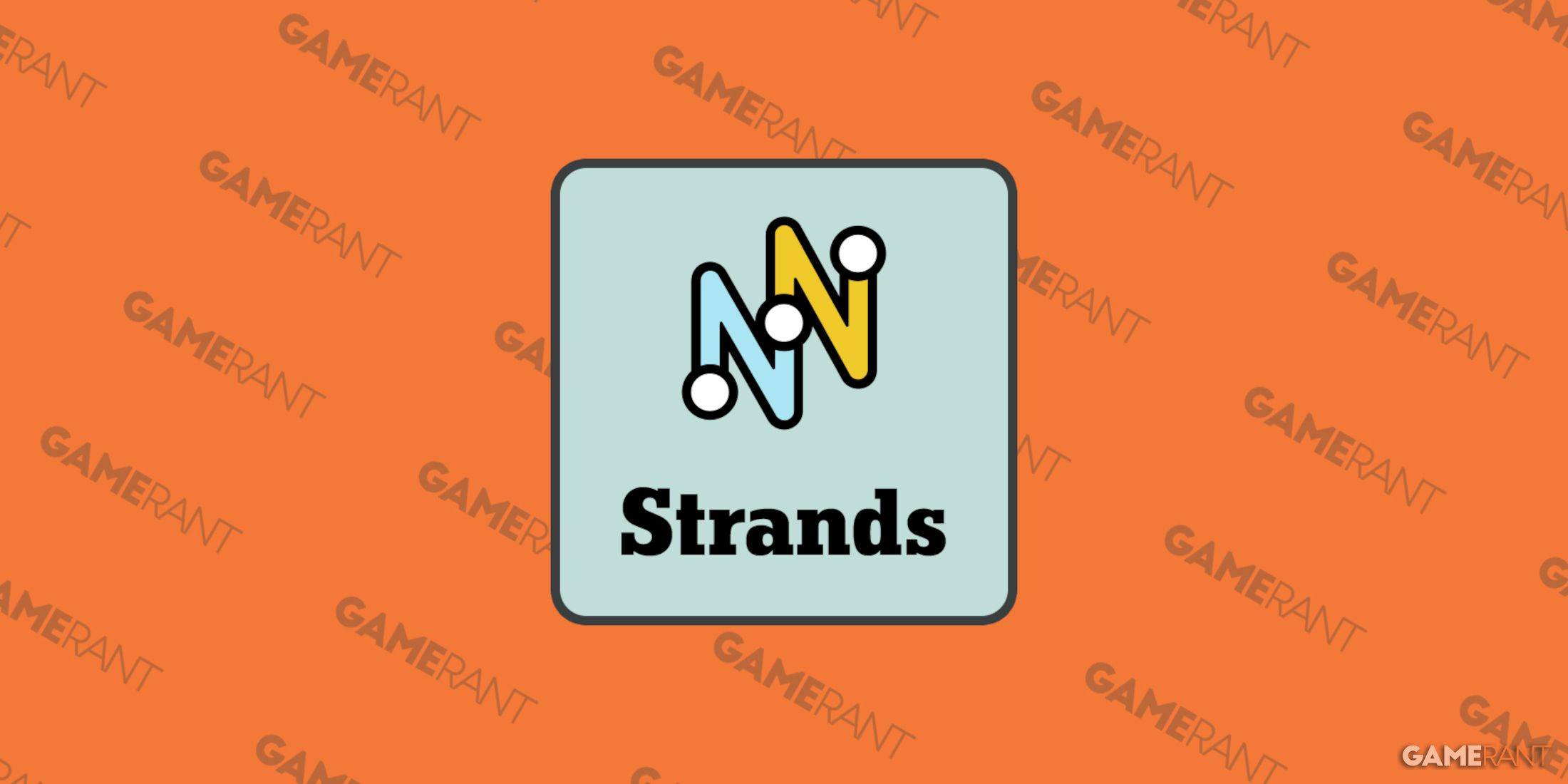Switch 2 Price Overshadows Reveal
- By Sarah
- Apr 15,2025
The excitement surrounding the reveal of the Nintendo Switch 2 has been palpable, especially with the promise of enhanced graphical capabilities. While fans eagerly await a new 3D Mario game, the absence of which has been felt since *Super Mario Odyssey* eight years ago, the showcase did not disappoint. Highlights included the open-world *Mario Kart World*, the much-anticipated return of *Donkey Kong* in *Donkey Kong Bananza*, and the intriguing *The Duskbloods*, which seems poised to fill the void left by *Bloodborne*. However, the buzz around these announcements was quickly overshadowed by discussions about the price. At $449.99, the console itself is within the expected range for 2025 technology, but it's the cumulative cost of games and accessories that has sparked debate. Let's delve deeper into whether the entry fee for Nintendo's latest offerings is too steep.
The $80 price tag for *Mario Kart World* has certainly turned heads, especially in a market accustomed to $60 or $70 for new releases. It's easy to react with dismay, feeling that Nintendo is capitalizing on the game's guaranteed popularity at launch. Add to that the cost of additional Joy-Con controllers at $90 for multiplayer fun, and the required Nintendo Online membership for global play, and the expenses quickly mount. The reveal trailer's emphasis on 24-player co-op and features like GameChat and photo mode only amplifies the sense that this pricing strategy might be a bit opportunistic.
Nintendo Switch 2 System and Accessories Gallery
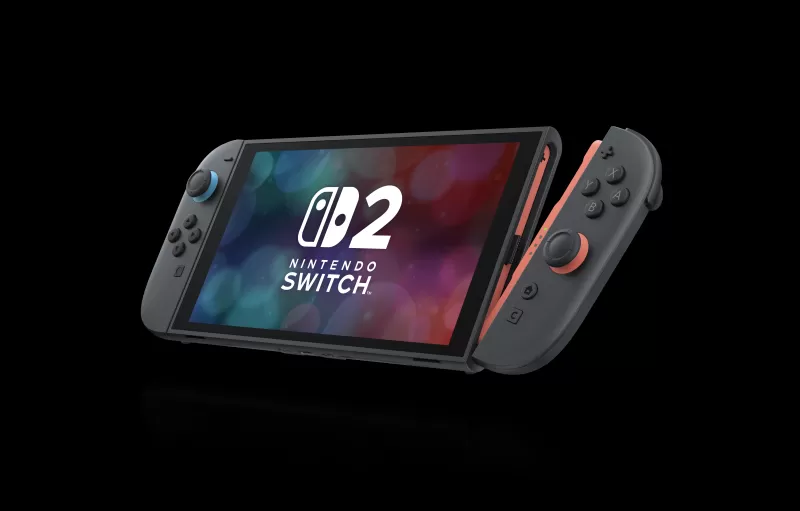
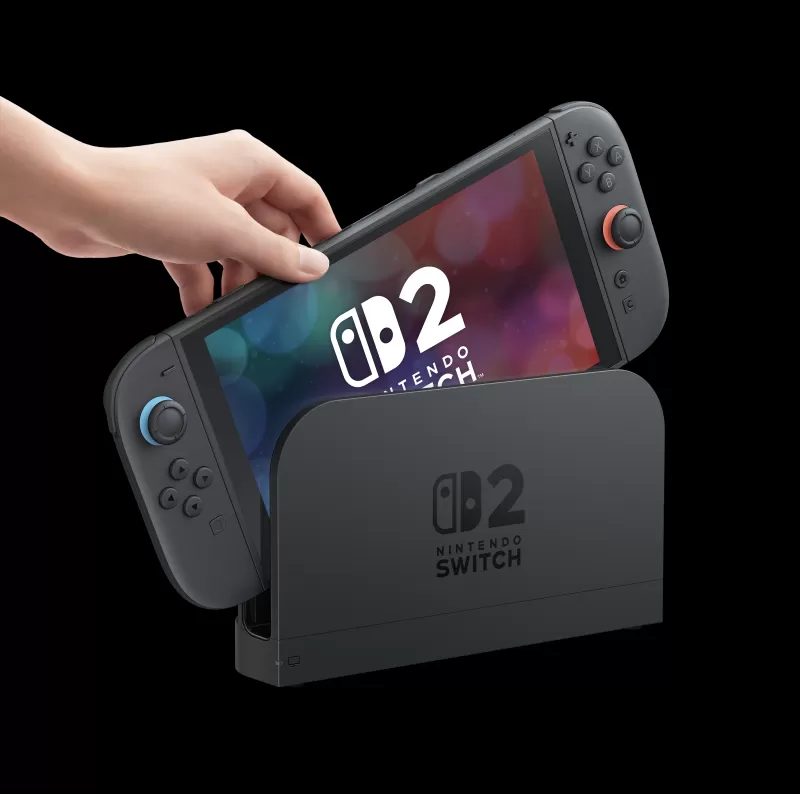 91 Images
91 Images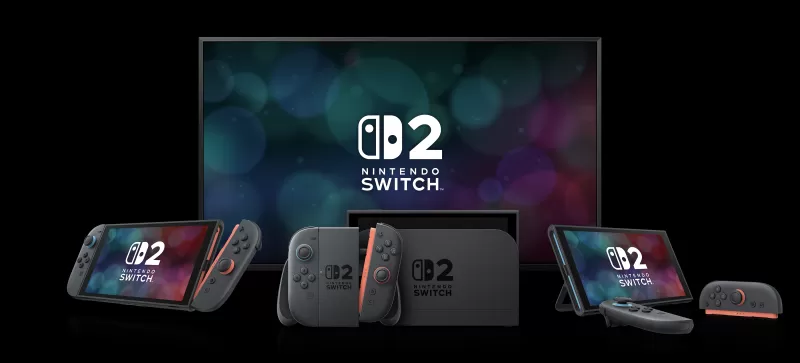
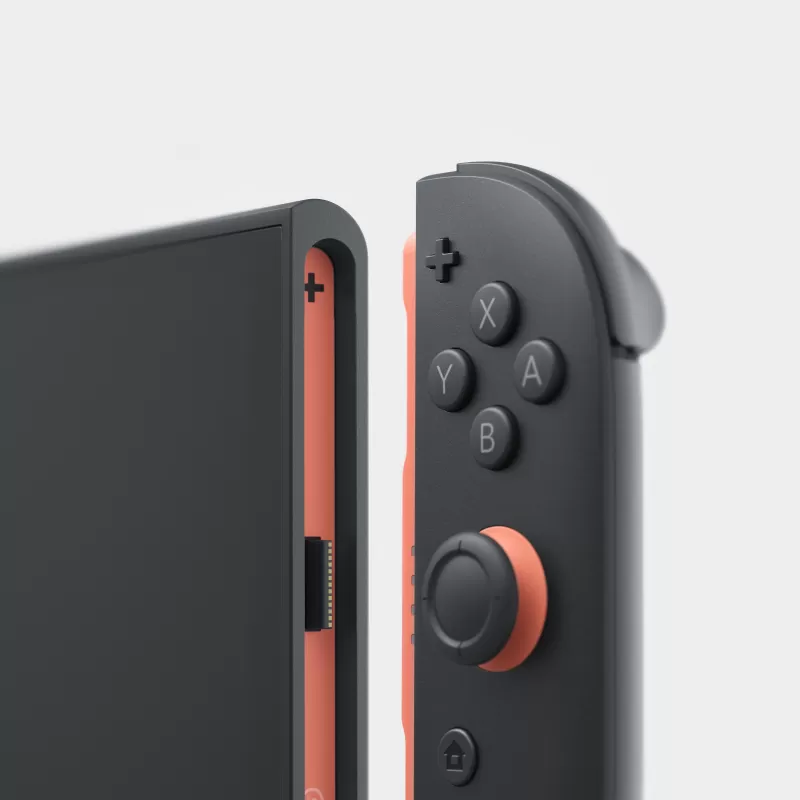
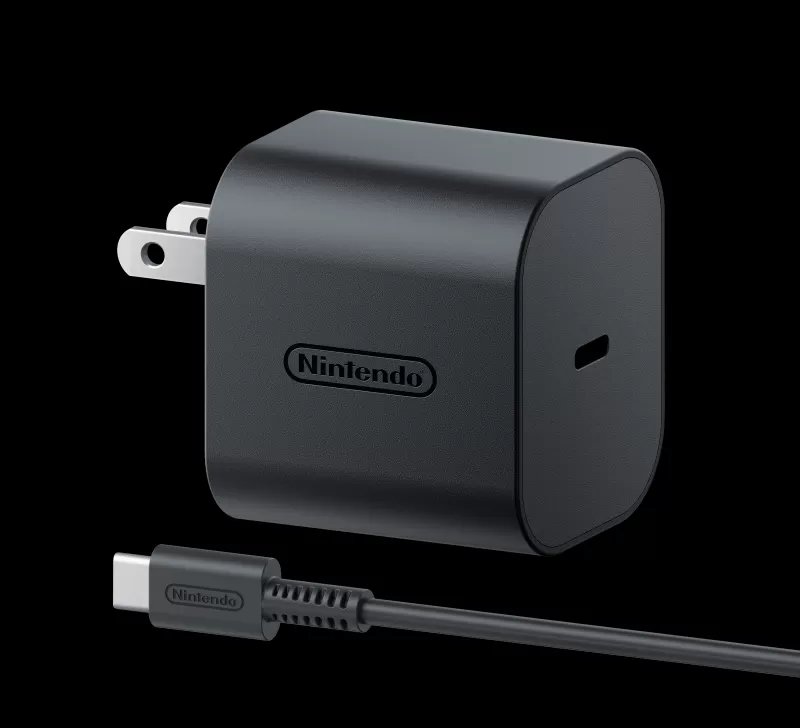
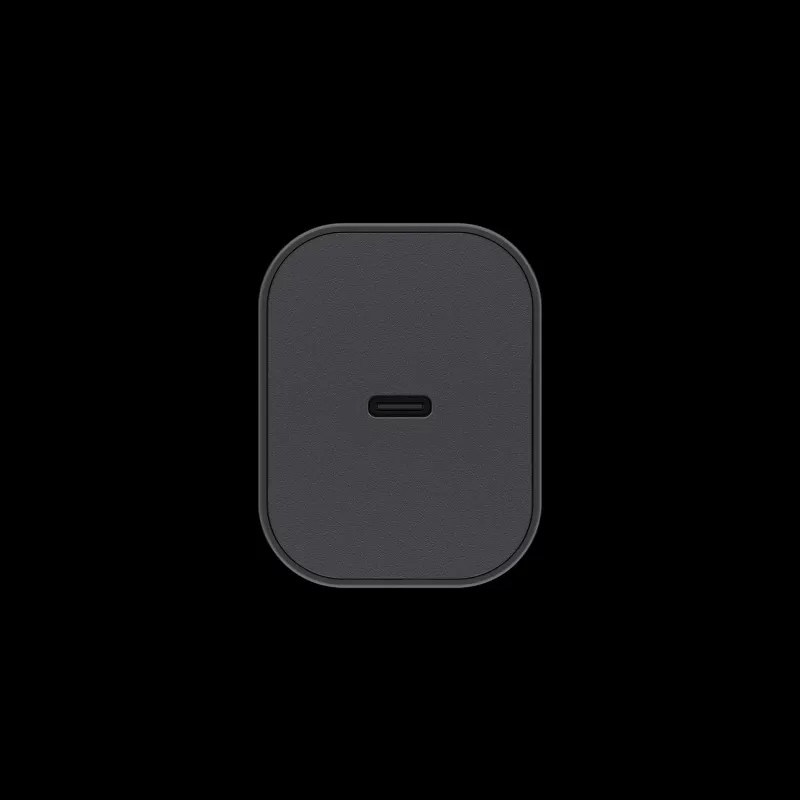
On the flip side, there's an argument to be made about the value for money. Considering *Mario Kart World* might be the only entry in the series for the Switch 2's lifespan, is $80 justified for what could be years of enjoyment? In an era where free-to-play games like *Fortnite* set different expectations for value, it's worth considering whether spending $80 on a game that promises long-term engagement is unreasonable. After all, a similar investment in *Fortnite* over five years could easily match that in battle passes and skins. Moreover, when a family cinema outing can cost $80 for just a couple of hours, a decade of *Mario Kart* fun might not seem so bad.
Nintendo's pricing strategy becomes even more curious with *Donkey Kong Bananza* at a more modest $69.99, suggesting they recognize the flexibility in pricing for different titles. However, with *Kirby and the Forgotten Land* and *The Legend of Zelda: Tears of the Kingdom* also priced at $80, it raises concerns about setting a new norm. This approach from a company known for its player-first philosophy might encourage other publishers to follow suit, with eyes turning to titles like *GTA 6*. The cost of upgrading older games to the Switch 2 also remains a question mark, particularly as PlayStation has set a precedent with $10 upgrades for some PS4 games transitioning to PS5.
Take *Tears of the Kingdom*, for instance, which can currently be purchased on Amazon for $52, a stark contrast to the $80 Switch 2 version. If the upgrade cost turns out to be as much as $28, it would be a hard pill to swallow. The difference is even more pronounced in the UK, where the original version costs £45, while the Switch 2 version is £75. If Nintendo opts for a $10 upgrade similar to Sony's model, savvy consumers might buy the original and then upgrade, saving nearly $20. Yet, all this remains speculative, with the only hint being the enhanced versions of *Breath of the Wild* and *Tears of the Kingdom* available through a Nintendo Online + Expansion Pack membership, currently priced at $49.99 annually.
Adding to the pricing conundrum is the decision to charge for the *Nintendo Switch 2 Welcome Tour*, a collection of minigames that feels like it should be a free introduction to the console. This move seems at odds with the generosity seen in offerings like *Astro's Playroom*, which came free with PlayStation 5 and celebrated both PlayStation's history and the new console. The *Switch 2 Welcome Tour* feels more reminiscent of Sony's costly PS3 launch, hinting at a possible shift in Nintendo's approach.
AnswerSee ResultsDespite these concerns, the Switch 2 is unlikely to be a regression for Nintendo. The momentum from the original Switch, coupled with its extensive game library, provides a solid foundation. The console itself offers a promising, albeit cautious, evolution, and the showcased games look impressive. Yet, Nintendo must heed the feedback on pricing to avoid setting a precedent that could sour the gaming community's enthusiasm. No one wants $80 to become the new standard for video games, so it's crucial that Nintendo treads carefully.
While the cost of the Switch 2 and its ecosystem doesn't entirely overshadow the reveal for me, it certainly casts a shadow over what could have been a universally acclaimed launch. Nintendo has the chance to refine its approach and ensure the Switch 2 lives up to the legacy of its predecessor without alienating its loyal fanbase.
Latest News
more >-

-
- Star Wars Outlaws Coming to Nintendo Switch 2
- Dec 13,2025
-
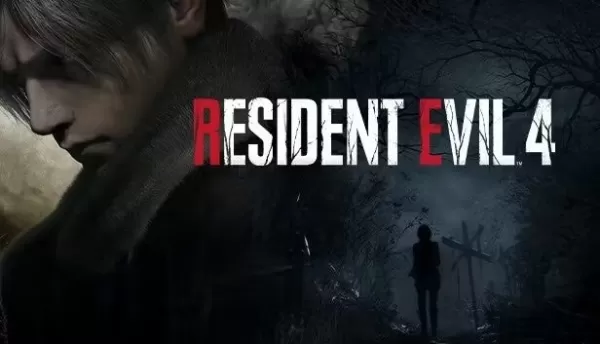
-
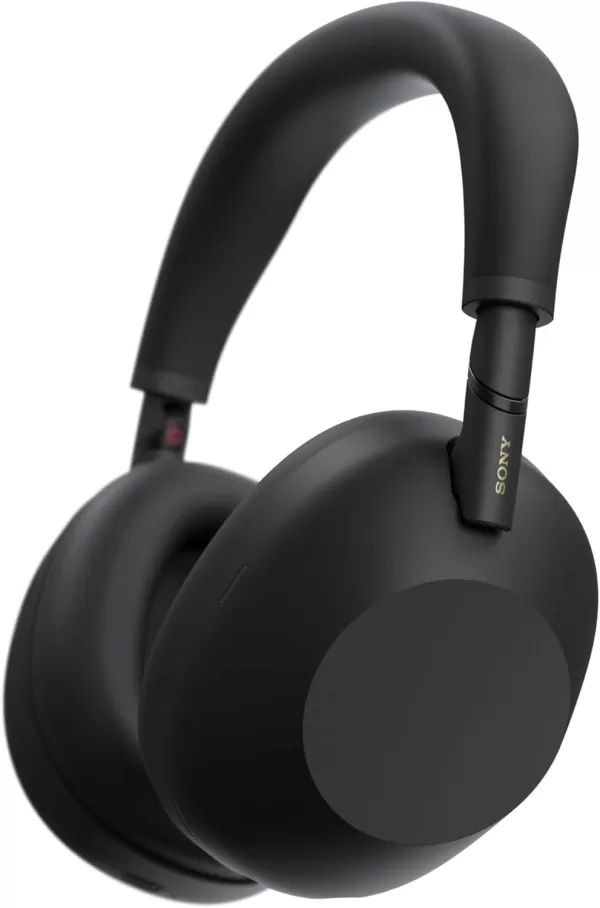
-
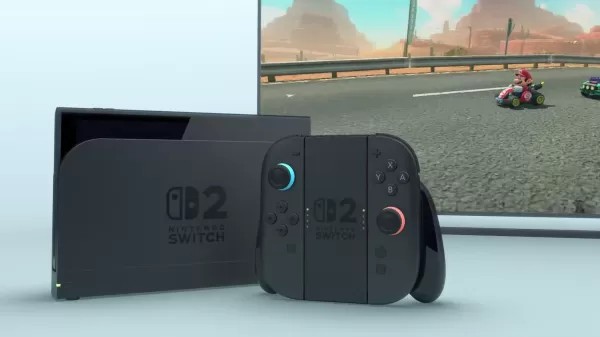
- Trump Tariffs Hit Razer Gaming Laptops
- Dec 12,2025

